
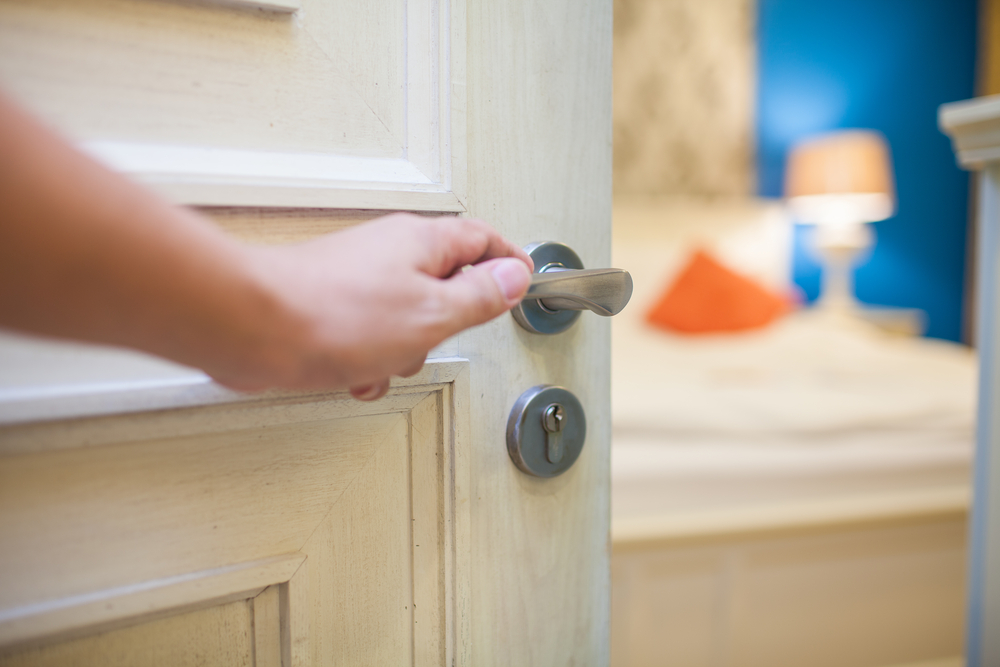
Sleeping with your door closed at night can significantly enhance safety and privacy. In the event of a fire, a closed door can act as a barrier, slowing the spread of flames and smoke, and giving you crucial extra time to respond or escape. It can also reduce noise from other parts of the house, fostering a more restful sleep environment. Additionally, a closed door provides a sense of security and privacy, helping you feel more comfortable and protected while you rest. Overall, closing your door at night is a simple action that can have meaningful benefits for your safety and quality of sleep.
Having a family escape plan in the event of a fire is essential for ensuring the safety of everyone in your household. Fires can spread quickly, leaving little time for decision-making, so a well-rehearsed escape plan helps each family member know exactly what to do in an emergency. It reduces panic and confusion, enabling a swift and organized evacuation. A good escape plan includes identifying primary and secondary exits, assigning specific roles to family members, and designating a meeting point outside the home. Practicing this plan regularly can increase the chances of everyone getting out safely and reduce the risk of injury or loss of life in a fire.
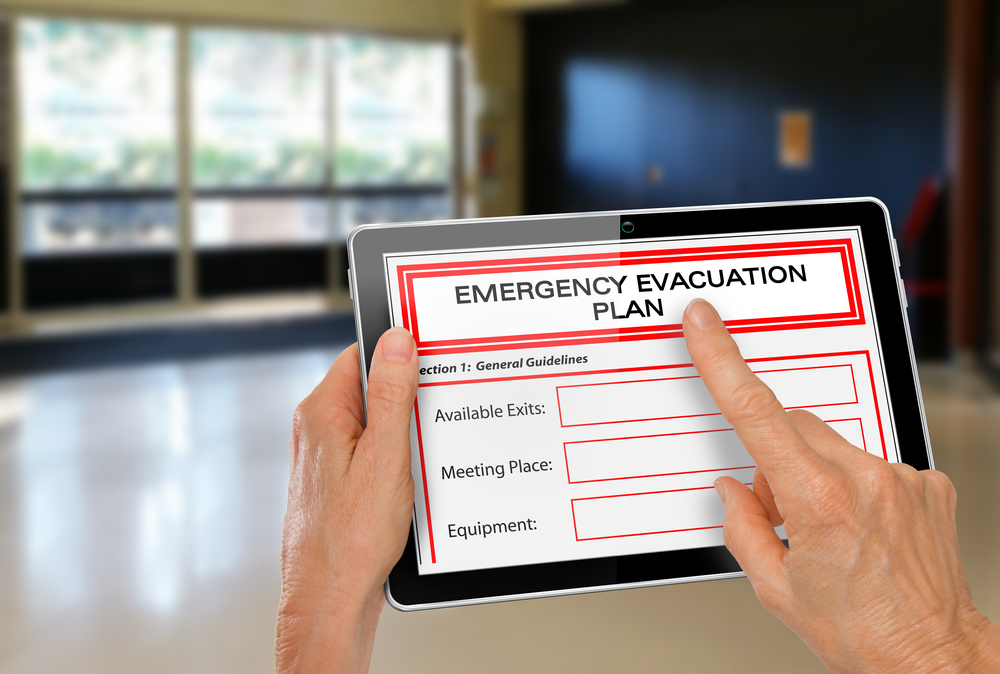
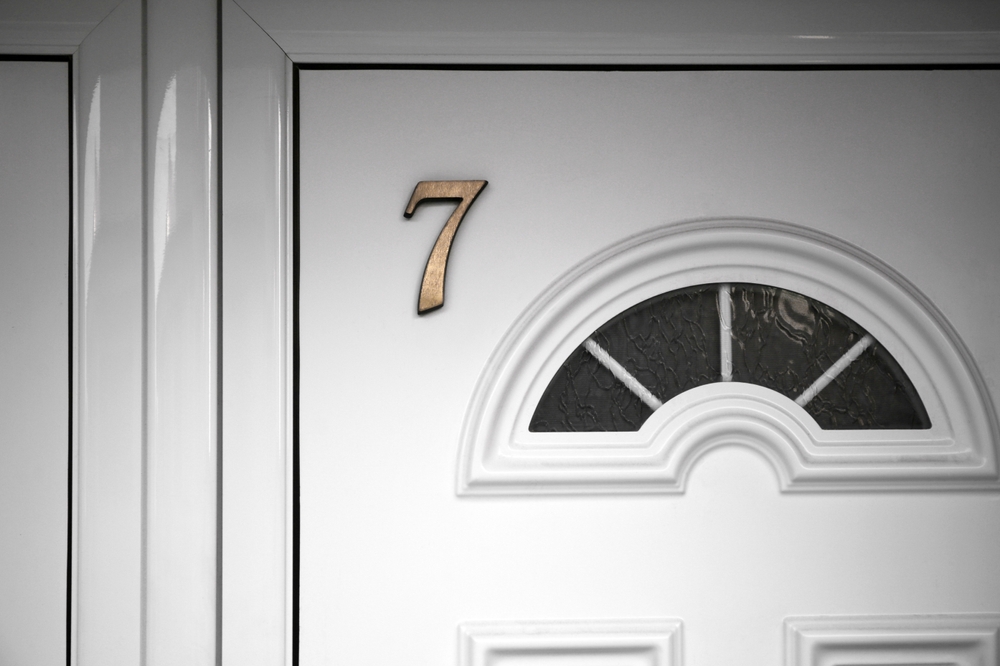
It’s important to display your address clearly in front of your house. We can’t help you if we can’t find you. Mark your address in large numbers in a place that will be easily recognizable to emergency responders.
While numbers on the curb seem like a good idea, they are frequently blocked by parked vehicles. Place your address on your mailbox, the front of your home, or put up a post on the front of your property. Reflective numbers are a great idea, but at least use numbers that contrast the color of the background they are put on. For instance if the surface is white, use a black number.
By now you’ve heard the siren that blows when we are dispatched to an emergency. It alerts our members, but should alert you, too. If you’re close enough to hear the siren, then be aware that our members will be responding. Volunteer firefighters are often coming from home or work, they are not normally at the station. Any vehicle with red flashing lights is an emergency vehicle. You are required by law to pull to the right and stop. A personal vehicle with flashing blue lights signifies a volunteer responding to an emergency. This is a courtesy light asking for you to yield the right of way to the vehicle responding. Please give vehicles the right of way.
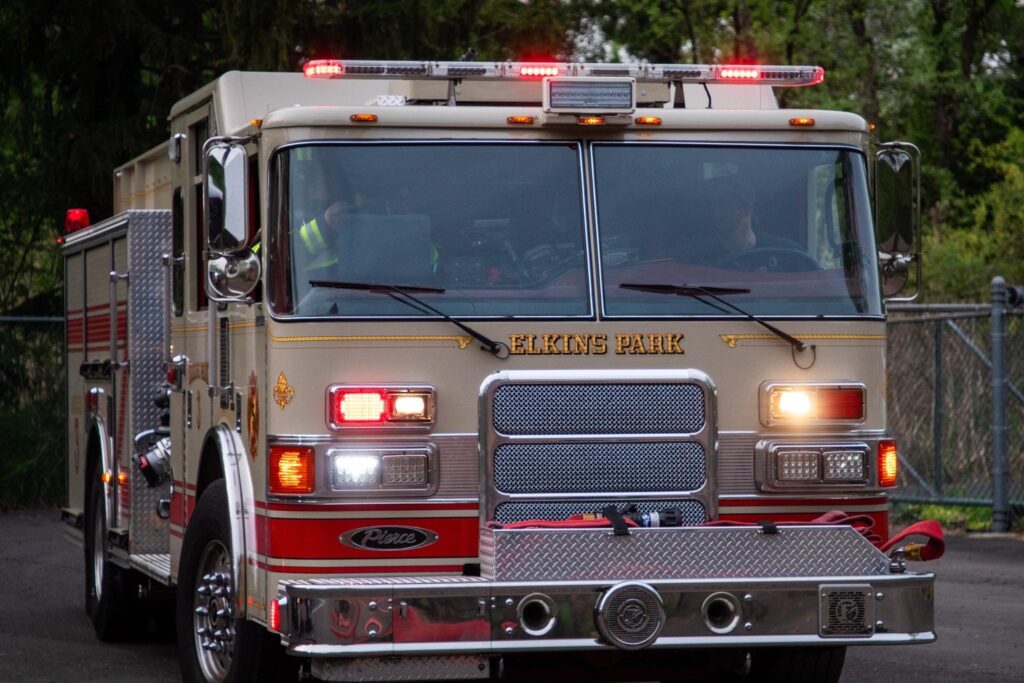
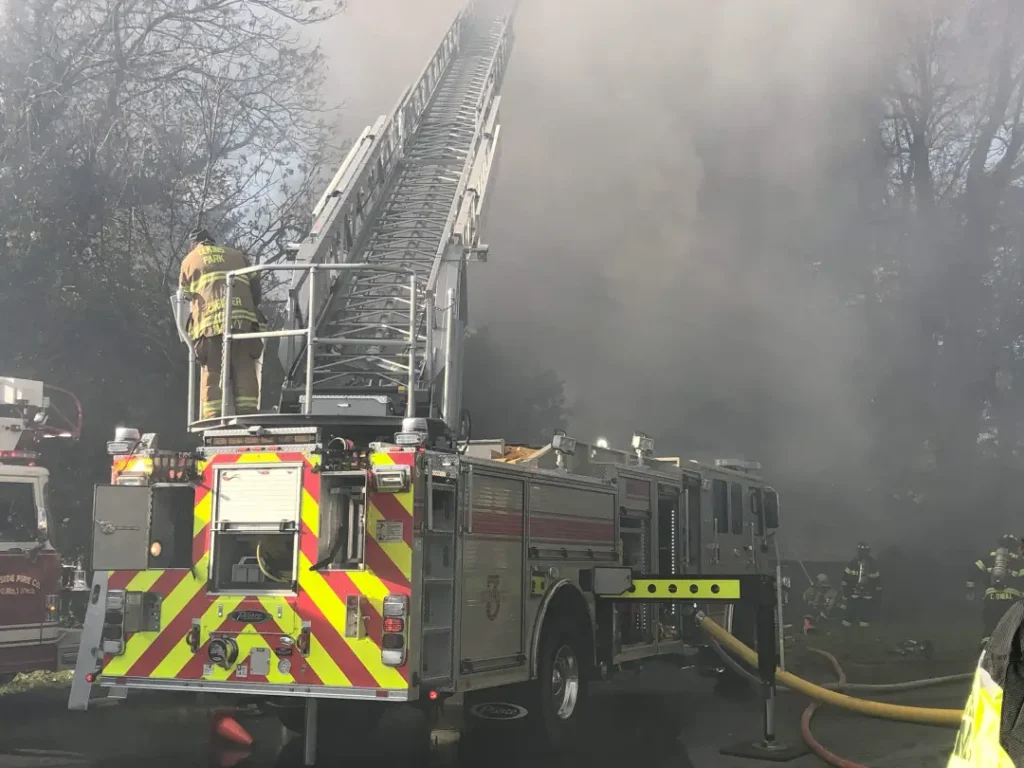
When we arrive at the scene of a building fire, the most important thing that you can tell us is “everyone is out of the house”. That’s our first priority. If there is the possibility of someone being trapped in the building, our members are going to take on a greater risk to rescue them. If you have properly placed working smoke detectors, they will alert you and your family members so that you can escape before becoming trapped.
Make sure you change the batteries every daylight savings time, or get new long life lithium batteries and change them every ten years.